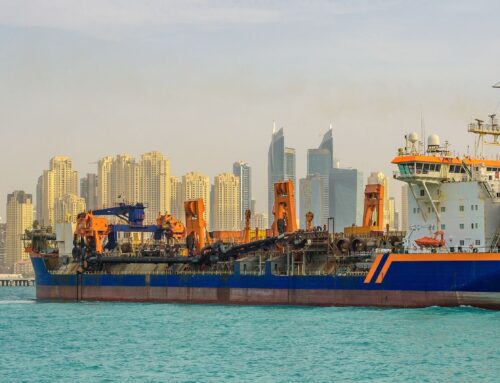The first priority is to promote the decarbonization of industry by avoiding carbon leakage and to ensure that the carbon tax at Europe’s borders is a success.
The declaration of the Group of 7, which has just been completed in Hiroshima, ratified the creation of the first Climate Club.
The first priority is to promote the decarbonization of industry by avoiding carbon leakage and to ensure that the carbon tax at Europe’s borders is a success. This new economic and political object is analyzed by the research department of the European Parliament.
As recalled in the declaration of the Group of 7 that just ended in Hiroshima on May 21, the Club aims to be inclusive and open and would therefore diverge from the concept developed in 2015 by Nobel laureate William Nordhaus in the context of environmental policy, proposing climate clubs that combine target carbon prices and trade sanctions for states that would not respect its rules of the game.
The International Energy Agency and the OECD have been designated to facilitate the creation of a secretariat. The structuring of the governance is underway. The full launch of the Club is scheduled for COP 28 in November 2023. We will then know more about the contours and means of intervention of this new international cooperation body that is supposed to facilitate the shift to action.

At the G7 2022, Olaf Scholz rallied the G7 member countries to his Climate Club project.
The oil reserves of exporting countries account for 80% of potential future GHG emissions. The reluctance of these states to reduce revenues from oil extraction is undermining hopes of achieving the ambition of the Paris climate agreement. At the 2022 G7 Summit, the richest countries took a further political step forward to support the creation of a regime of constraints and incentives to get oil exporting states on board: reducing emissions at source (at the wellhead). What form do you think the response from exporting countries will take? Organised with OPEC? Diplomatic at the next COP? Economic by applying export quotas? No response?
About Positivéco
At Positivéco, we see the new national and international regulations on CSR as an opportunity for positive growth.
Our aim: to apply financial and commercial skills to structure projects outside the traditional silos.
Since 2009, we have been supporting climate investment and development aid projects; we evaluate CSR policies and carry out extra-financial reporting for our clients. Positivéco advises financial institutions, public actors, listed and non-listed companies.
Request a callback today and discover how you can meet the new CSR requirements while serving the company’s project.

Who we are
With Positivéco, your success is our priority. Since our conception, we have always applied financial and commercial expertise outside the traditional silos, to structure successful and impactful client projects. This improves the visibility of your activities for enhanced profitability and increases your financial valuation.








Leave A Comment
You must be logged in to post a comment.